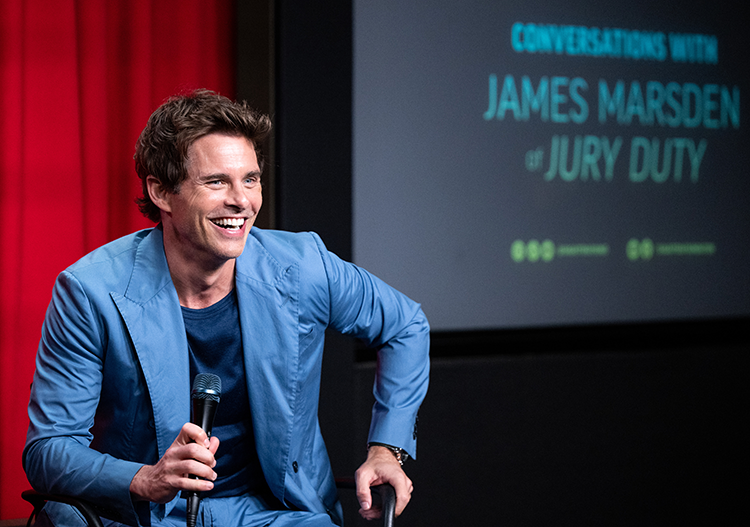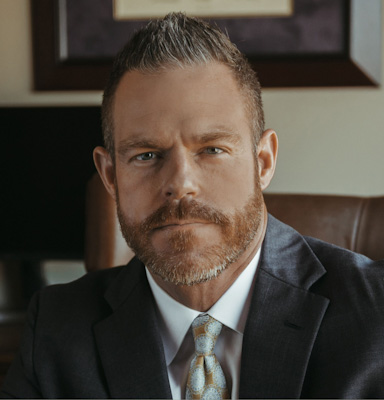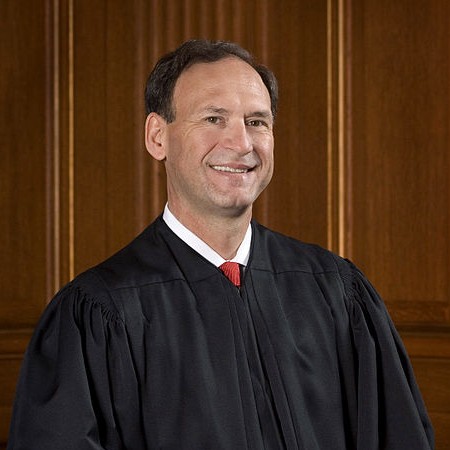‘Jury Duty’ offers some realism hidden in the absurdity
My sister is a huge true-crime fan (shoutout, Ivy). She is professedly obsessed, even to the point that her favorite streaming platform is ID Go. She’s always been intelligent and curious. I think her brother being a career defense attorney might influence her intrigue. Maybe I shouldn’t flatter myself, though.
Nevertheless, she’s always a great sounding board for ideas related to this column. As such, a couple of weeks ago, she told me I should watch a new series called Jury Duty (not to be confused with the Pauly Shore classic movie—which I just might review, now that I think about it). In any event, I took her up on the suggestion.
‘Jury Duty’
When my sister described the show to me, she said it was a comedy and somewhat reminiscent of The Office, but in a courtroom setting. That piqued my interest; I’m a huge fan of that show.
At first, I anticipated some sitcom set during a jury trial where all the jurors are actors who riff on the small talk jurors inevitably engage in since they’re admonished not to discuss the case until they enter deliberations. That premise sounded promising.
However, upon starting the first episode, an introductory screen immediately informed me that not only is the trial fake, but all the jury members are actors—except for one.
All the actors seemed unfamiliar, aside from Oklahoma’s own James Marsden (who graduated from the same high school as my wife). He plays himself, which sets up some interesting dialogue and situations. He’s the alternate juror among a seemingly random group of everyday individuals. It’s not uncommon for a celebrity to get summoned, so that wasn’t outside the realm of realism.
James Marsden, show here discussing Jury Duty with the SAG-AFTRA Foundation, appeared in the show using his own name, pretending to have been called in for jury duty. Photo by Amanda Edwards/Getty Images.
The series has its beauty and blemishes alike. Some improv seems a little forced, but there are genuine laugh-out-loud moments too. The ensemble cast presents plenty of different demographics to develop dialogue. Some characters are more active than others, but that’s what we’d expect from a random population draw.
But I kept coming back to the same question: Was it possible that the show’s premise was some big ruse? What if the out-of-the-loop “juror” was really just another actor playing an “out-of-the-loop juror”—after all, it sometimes feels as though everyone has to be in on the scheme. Some of the events are pretty far-fetched.
Season One’s last episode provided more context as to the truth of the matter, but I still wonder. According to information online, the nonactor (Ronald Gladden) responded to a Craigslist ad to be a volunteer juror for a documentary. Actor or everyman, he is a bright spot.
Regardless, as is often the case, it’s hard to watch satire of your everyday life. Jury Duty is outrageous, and it’s impossible for a practitioner to watch and completely brush aside their understanding of how outlandish it is. But if Gladden is out of the loop, it’s understandable that the production team would make the setting as ridiculous as reasonably possible to capture his reactions.
Sit down and stand by
A few situations played out with more realism than other aspects of the story, such as the ineffective assistance allegation from the civil defendant against his defense attorney.
As I’ve made abundantly clear, I’ve never really practiced anything besides criminal law. I flirted with a little oil and gas on the side during my first year of practice to help afford at least some pork chops for dinner, but aside from that, I’ve been a one-trick pony.
Nevertheless, I’ve seen pro se litigation, and this is one aspect of the judicial system that Jury Duty doesn’t exaggerate too terribly much. The defense attorney is ineffective—there’s no question about that, but he at least has some training. I understand the thought process behind thinking you can do it better yourself, but there’s rarely any substitute for experience, no matter how little—or how unimpactful—that experience may be.
The defendant is understandably confused when trying to conduct a direct examination of himself and then hand the judge exhibits not admitted into evidence. Sadly, this occurs in courtrooms across the country every day. But if you want to represent yourself, you’ll be held to the same standard as any other attorney.
I also appreciated the judge ordering defense counsel to continue on standby status. I’ve never been in that position, but I’ve heard stories and am not envious. Be that as it may, it was refreshing to see actual elements of a trial play out in such an otherwise ridiculous environment.
Deliberations
The penultimate episode was much more grounded than most of the series. As the foreperson, Gladden does a stellar job of navigating the intricacies of balancing multiple opinions from individuals with various perspectives. He leads the jury through deliberations with deftness and ease, even though he is professedly nervous about the process.
In all candidness, I have no firsthand idea of what happens during jury deliberations. I’ve handled my fair share of jury trials but have never been on a jury (and I’ll likely never get the chance, seeing as how even if I retired I’d probably be one of the prosecution’s first peremptory challenges considering my career defending the criminally accused). But I have spoken with lots of jurors after verdicts, so I have some idea of how everything shakes out.
The deliberation scenes were more “true to life” than the rest of Jury Duty.
First, the production team did a great job of zeroing in on the fact that all jurors have biases. Although they’re instructed to decide a case simply on the facts, they’re also instructed that they are allowed to use common sense. That often results in a juror applying a belief from their everyday life under the guise of “common sense.” But what might seem like common sense to one person might not to another. And sometimes, it’s just outright bias.
Second, the series focuses on the issue of juror acquiescence. The jury was tasked with achieving a unanimous verdict regarding the “fake” trial. However, one juror simply tried to follow the suit of another juror with whom he’d become romantically involved. While it’s unlikely that jurors would develop that level of attachment during a trial, it still sheds light on the problematic reality that some jurors are hesitant to come to their own conclusions, instead relying on others’ reasoning and decision-making.
Finally, Jury Duty shows us that compromise verdicts are real. Any attorney who regularly tries cases has seen them firsthand. Sometimes it’s a conviction on one count but not another—against all logic. Other times it’s a very light sentence on a conviction when you know in your heart that the opposition’s case wasn’t strong enough to carry the burden, but deliberations have gone on forever. Compromise verdicts happen, and frequently, they’re simply a way to break the stalemate and appease everyone involved.
And after watching the entire series, that’s an excellent way to end this column. Much like an actual jury trial, Jury Duty has flaws, but it allows everyone to ultimately walk away with a little something that hopefully makes the endeavor worth the effort.
Adam Banner
Adam R. Banner is the founder and lead attorney of the Oklahoma Legal Group, a criminal defense law firm in Oklahoma City. His practice focuses solely on state and federal criminal defense. He represents the accused against allegations of sex crimes, violent crimes, drug crimes and white-collar crimes.
The study of law isn’t for everyone, yet its practice and procedure seems to permeate pop culture at an increasing rate. This column is about the intersection of law and pop culture in an attempt to separate the real from the ridiculous.
This column reflects the opinions of the author and not necessarily the views of the ABA Journal—or the American Bar Association.







